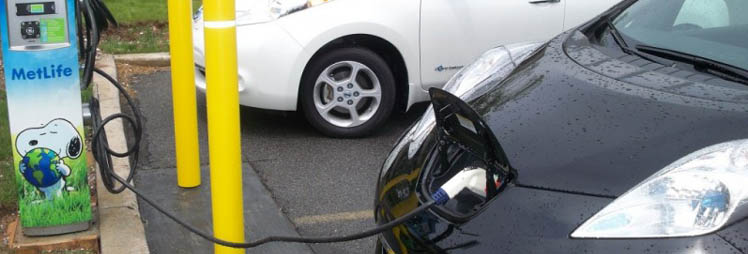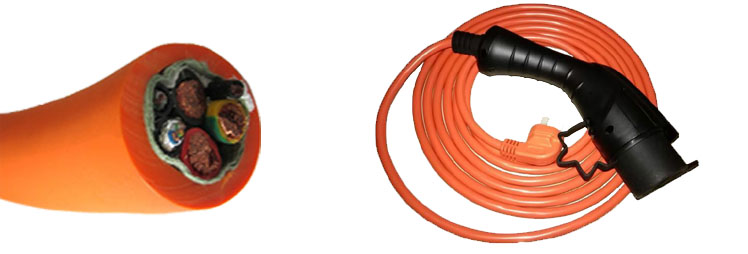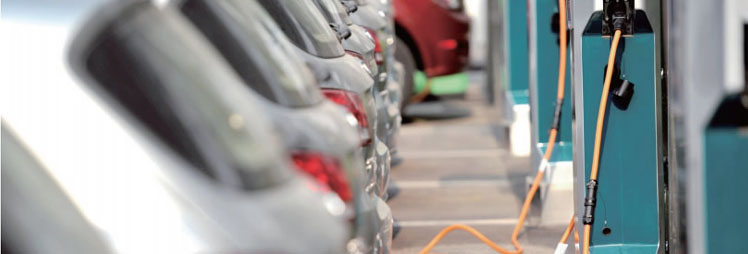Electric Vehicle Charging Cables – Hybird Resources
Electric Vehicle Charging Cable is a recently emerged low voltage electrical equipment cable and wires. Its technical requirements are different from traditional cable and wires. Nowadays, Electric Vehicle Technology has become the focus of technology for the auto industry to deal with environmental pollution and relieve energy crises. Each country and major car manufacturer in the world have invested heavily in the research and development of electric vehicles.
While electric vehicle technology becoming more and more mature and wildly applied, the construction of its relevant charging facilities has become more and more important. Electric Vehicle Charger Cable is a basic part of the charging facilities and has a significant influence on the whole charging progress. However, electric vehicle charging cable is a new type of cable, its application requirements are different to traditional cables.

While electric vehicle technology developing, these cables technical requirements become clearly gradually.
1)Electric Vehicle Charging Cable application ambient requirements
There are three types of connections for EV charger cables. First, EV charging cable permanently connected with electric vehicles, but it can be plugged and disconnected with the electrical network. Second, EV Charger Cable permanently connected with the electrical network while it can be plugged and disconnected from the electric vehicles. Third, EV charging cable to both electric vehicle and electrical network can be plugged and disconnected.No matter which one applied, the following ambient requirements should be encountered.
1.1)Nature Environment
EV Charger Cable is usually used outdoor, exposure to UV in the long term. Therefore, it will encounter many harsh natural environments, including large day and night temperature difference, sunlight exposure, weathering, humidity, acid rain, freezing, and seawater, etc., These harsh environments will seriously affect the EV charging cable service life and performance, even reduce its reliability and safety, causing property damage and personal injury.

1.2)Artificial Environment
While charging the electric vehicle with EV charging cable, due to its flexibility, it is inevitable that there will be bending, twisting, drag and even stretching and other phenomena, These actions are easy to cause mechanical damage to the charging cable; In the meantime, EV Charging cable may be immersed in acid and alkali solution, which will affect the material performance and damage the charging cable. Due to its relatively harsh operational environment, EV charging cable requires higher performance for its flexibility, torsion resistance, mechanical property, and corrosion resistance.
2)Function Requirements
Electric vehicle charger cable is connected between the electric vehicle and charging pile, and its basic function is to transmit electric power. However, with the development of charging technology, in order to better the charging process, electric vehicles need to communicate with the charging pile, and some time may need automatic control.

Therefore, the charging process for the electric vehicle requires a higher performance of the charging cable. The EV charging cable will transmit electrical power, and convey the vehicle and battery status and relevant information to the charging pile in real-time. And if needed, EV will automatically control the charging process to finish the charging safely and reliably.
3)Safety requirements
Recently, the safety of the electric vehicle has become the focus of the industry. And the safety for the EV Charging and discharging process should be highly concerned, due to its long time, high current, and high frequency of use.
EV Charging Cable should assure good insulation performance, and higher heat and aging resistance performance. This Cable also should have better low smoke and flame retardant performance to minimize damage and injury while fire happened.

